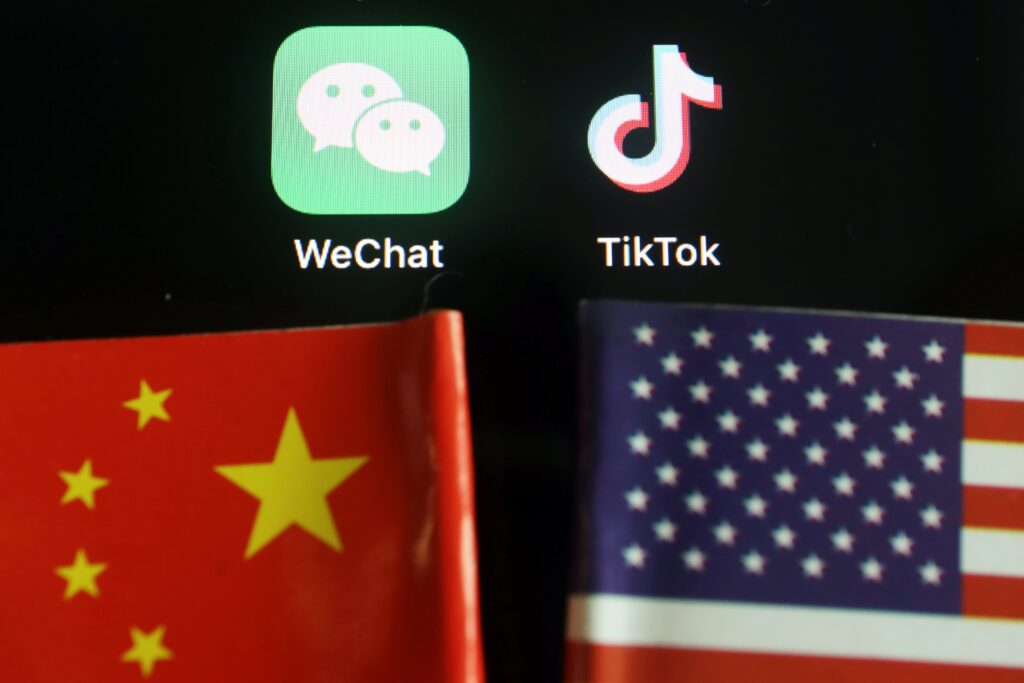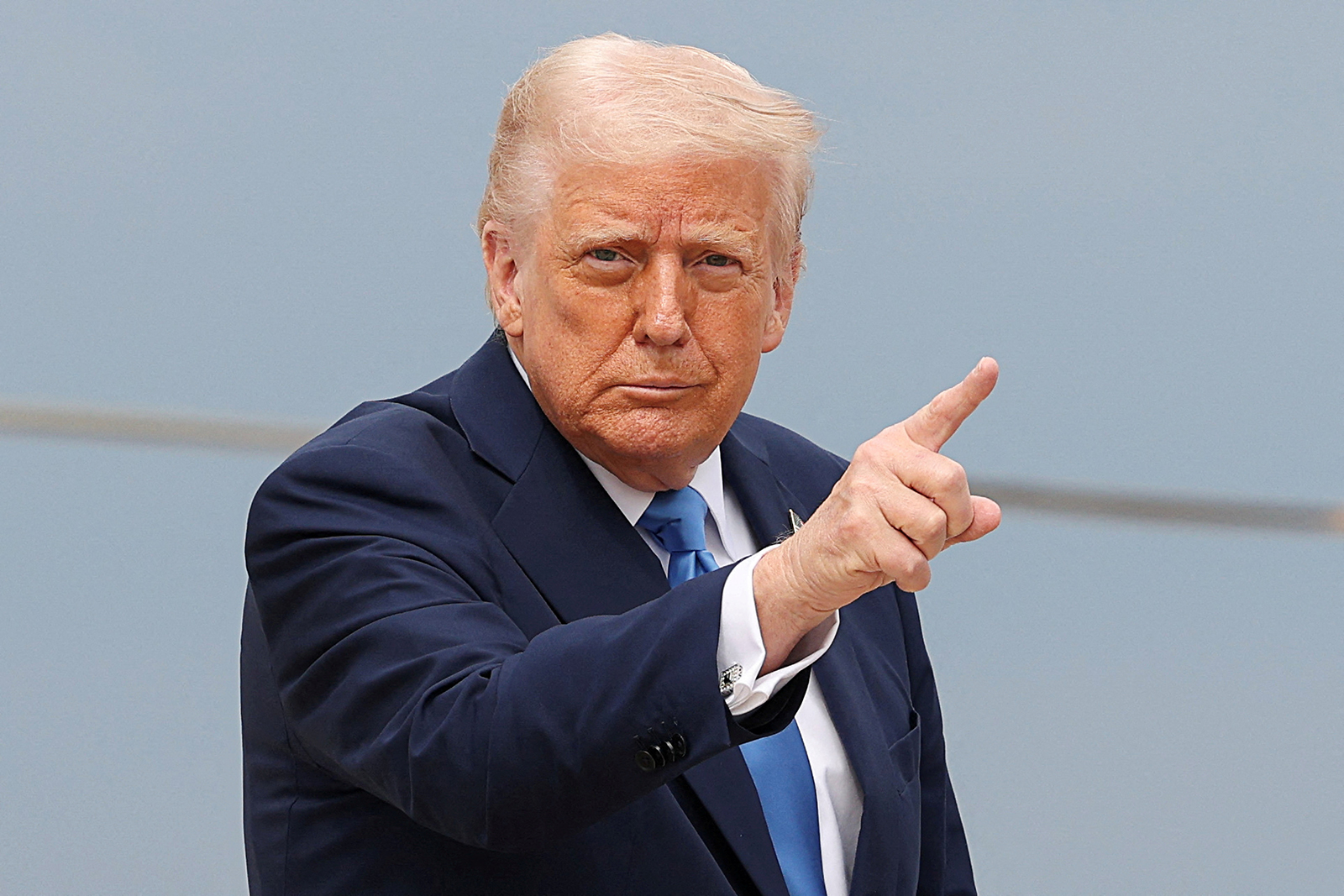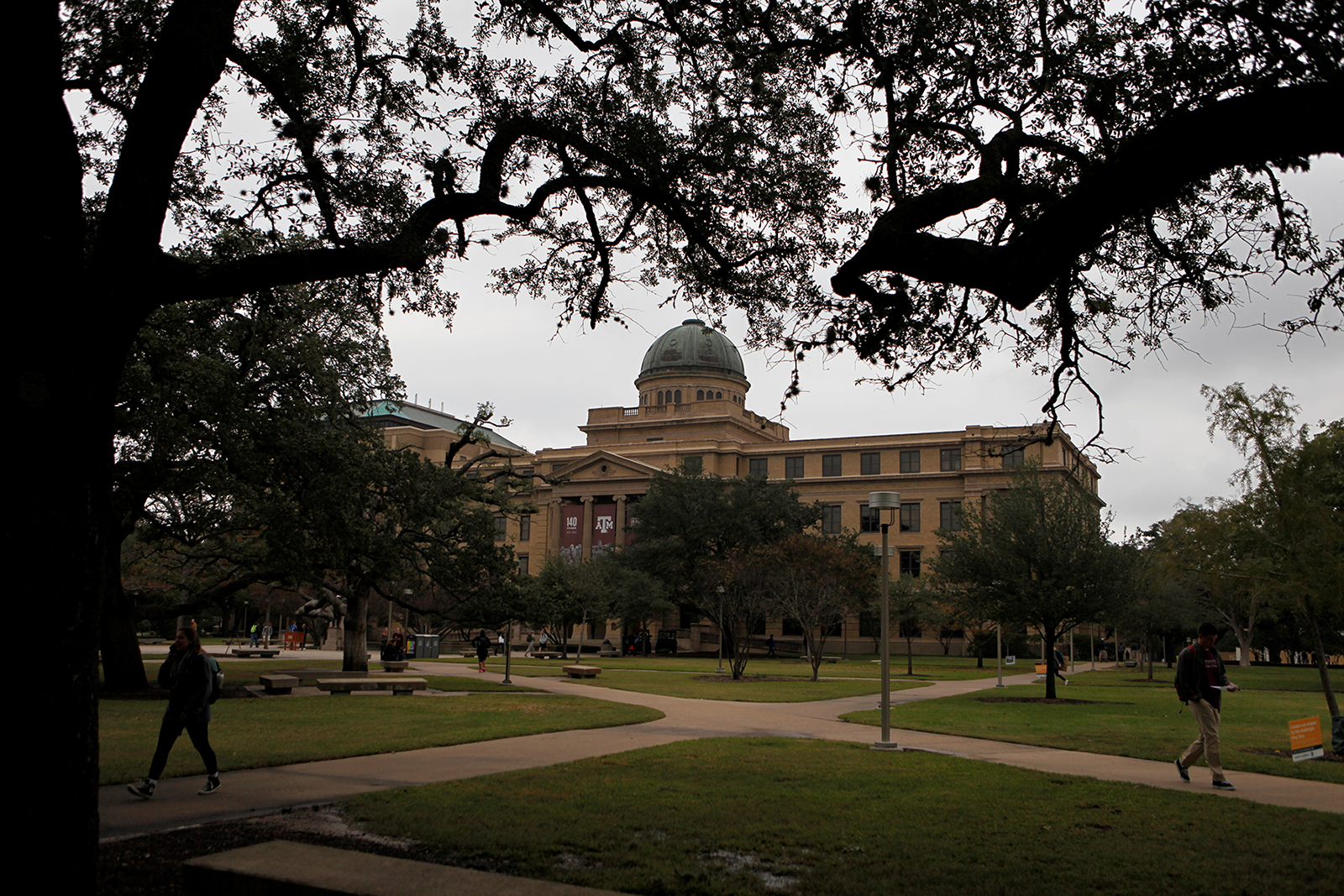Update 9/21/2020: On Sunday, September 20th, a federal judge issued a preliminary injunction against President Donald Trump’s executive order that banned WeChat and TikTok from operating in the U.S.
President Donald Trump signed an executive order on August 6th barring American companies from doing business with TikTok’s parent company, ByteDance, a move experts say would eventually prevent Americans from using the app.
The order claims that the app’s practice of collecting information on U.S. citizens poses a national security risk. While American tech companies like Google, Facebook, and Apple collect similar amounts of data, the order singles out TikTok because of its connection to China.
“This data collection threatens to allow the Chinese Communist Party access to Americans’ personal and proprietary information — potentially allowing China to track the locations of Federal employees and contractors, build dossiers of personal information for blackmail, and conduct corporate espionage,” the order states.
If the act is enforced, Americans would stop seeing TikTok in app stores and would not be able to download software updates, eventually rendering the social media app useless.
Donald Trump signed a similar executive order on August 5th limiting U.S. business with Tencent Holdings, the parent company of WeChat.
Both the American Civil Liberties Union and the Knight First Amendment Institute at Columbia University say the White House’s efforts to cut ties with Chinese social media companies violate the First Amendment rights of U.S. users.
“Banning an app like TikTok, which millions of Americans use to communicate with each other, is a danger to free expression and technologically impractical,” the ACLU posted on Twitter.
Jameel Jaffer, executive director of the Knight First Amendment Institute, wrote on Twitter that banning Americans from transacting with a foreign social media company was arguably a more egregious violation of speech than a ban on transacting with a foreign media company.
“In Lamont v Postmaster General, the Supreme Court held that Americans have a right to receive communist literature from abroad. Aren’t the First Amendment concerns *more* pronounced here because Americans aren’t (only) recipients of the content but also publishers of it?” Jaffer wrote.
Tags



